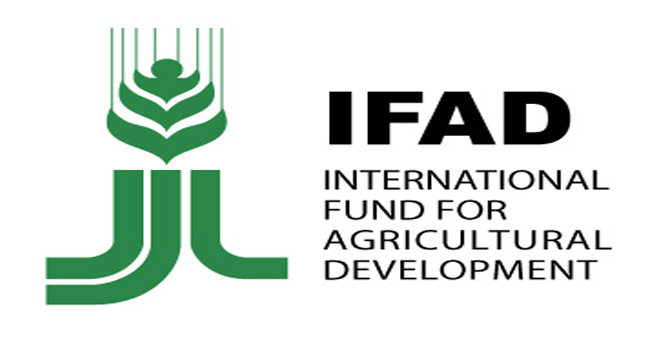By Felicia Imohimi
Stakeholders have pledged their commitment to strengthening social, environmental and climate change procedures in IFAD projects for effective implementation of Social, Environment and Climate Change Assessment Procedures (SECAP).
The stakeholders made the commitment at the wrap-up of national workshop on SECAP organised by the International Fund for Agricultural Development (IFAD)/Sustain International Programme on Friday in Port Harcourt.
SECAP is a framework IFAD uses to assess the social, environmental and climate impacts of projects it supports.
The framework helps the organisation to ensure its projects meet its social, environmental and climate policies by guiding on how to identify potential risks and impacts; and avoid, minimise, reduce or mitigate them.
Dr Priscilla Achakpa, Climate Change expert and IFAD Consultant, said that the training was aimed at strengthening the capacity of IFAD-funded projects.
Achakpa said social, environmental and climate sustainability was critical in the achievement of IFAD’s mandate adding that there was need for collective action in addressing impacts of climate change on agricultural development in the country.
She said that recent climatic challenges like floods among others had justified the need for reverse climate adaptation measures.
“The need to address climate change impacts must remain central to agricultural development initiatives.
“Effective project outcomes depend on inclusive and active participation of all stakeholders, including farmer organisations and decision makers at various levels.”
Achakpa said that the training was aimed at strengthening the capacity of IFAD-funded project staff and stakeholders in Nigeria to improve the quality of SECAP implementation of its projects and programmes.
“The workshop also underscored the importance of integrating social, environmental and climate standards into agricultural projects to promote resilience and sustainability.
“We need to sustain learning, share best practices and support ongoing implementation of social and environmental standards,” she said.
Jenean Pretorius, Lead, Capacity Strengthening, Centre for Learning on Evaluation and Results in Anglophone Africa, said her primary role was to lead capacity strengthening within monitoring and evaluation systems.
According to her, there is need to build capacity of project managers in the implementation of projects to ensure their adherence to SECAP standard.
Pretorius said that the gesture was to ensure standards were being adhered to; appreciation for local context and for local challenges to be incorporated into the interventions, among others.
She said financial investment was too meagre compared to what was required towards climate change impact mitigation across the continent.
“Governments need to do more; we need to find also creative ways of dealing with impact.
“I think more needs to be done in terms of indigenous knowledge systems; indigenous knowledge that our great grandparents have used and find how we can infuse that with modern technology,” she said.
Bemigho Wategire, Environment and Climate Change Officer in LIFE-ND and a participant at the workshop, commended IFAD for the training.
She said she was able to learn how to integrate SECAP in her area of coverage.
The News Agency of Nigeria (NAN) reports that the training was organised by IFAD-Livelihood Improvement Family Enterprises (LIFE-ND) project for staff of IFAD-funded projects, Federal Ministries of Agriculture and Food Security, Finance, Economy, among others.
Participants, totally 60, were drawn from IFAD-funded projects of LIFE-ND, Value Chain Development Programme (VCDP) and Special Agro-industrial Processing Zones (SAPZ) at the Federal and State levels, ministries of agriculture and finance among others.(NAN)




